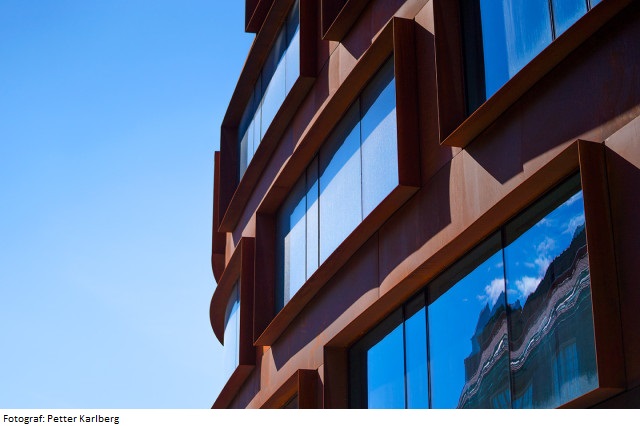The course synthesises and builds on the knowledge gained from the first four courses of the programme (AM201U, AM202U, AM203U and AM204U). The course deals with the development of a city at district level and compares and problematisizes experiences of earlier courses.
The course includes a study trip and subsequent group project assignments. The course starts with a trip to a Nordic region urban development project (late stage) and subsequent group work on an early stage urban development project. Part of the course also involves a self-assessment and reflection on the proposal produced by the group, as well as how well the participant has integrated into the group and the role they have assumed.
Upon successful completion of the course the student will be able to:
Understand, explain, differentiate and synthesise the phases of design and construction in the city
Identify and understand the link between sustainability aspects and innovation in urban planning and urban development.
Describe and explain an urban development project from an urban development perspective to include: processes and parties, finance, design and sustainability and, in addition, a selection of technological solutions.
Identify existing and potential conflicts of interest and/or goals in an urban development project and, using a critical perspective, investigate to what extent these have impacted on the development of the project.
Integrate working experience and insights gained from earlier courses in the programme and formulate constructive proposals for optimising the process and results of an urban development project.
Reflect on own and other’s professional roles in urban development project.
